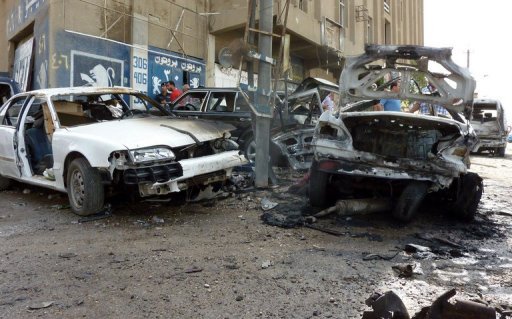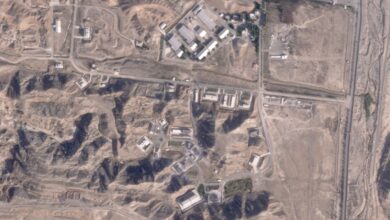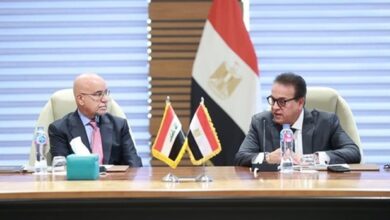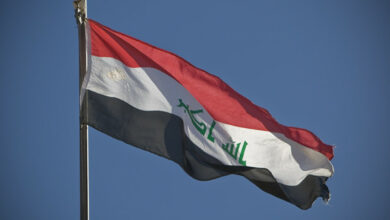
A car bomb in a packed food market north of Baghdad killed 30 people on Thursday as a surge in violence nationwide pushed Iraq's death toll for 2013 above 5,800.
The rise in unrest has forced officials to appeal for international help in fighting the country's worst bloodshed since 2008, just months before Iraq's first elections in four years.
Thursday's attack comes a day after a spate of violence across the country, including a wave of bombings in the capital, killed 59 people and left more than 100 wounded, marking Iraq's deadliest day this month.
The latest explosion went off at around noon (9 am GMT) near a cafe in a food market in the town of Saadiyah, which lies northest of Baghdad in restive ethnically-mixed Diyala province.
At least 30 people were killed and 40 others wounded in the blast, according to a police colonel and a doctor, both of whom spoke on condition of anonymity.
Saadiyah is populated mostly by Faylis, or Shia Kurds, and lies within a tract of disputed territory that is claimed by both the central government and Iraq's autonomous Kurdish region.
Militants frequently exploit poor communication between the two sides' security forces in order to carry out attacks.
Most recently, a suicide bomber targeting a group of Shiite pilgrims in the town on 14 November, the anniversary of the death of a venerated figure in Shia Islam, killed 32 people.
Thursday's attack came after a series of car bombings in Baghdad, along with several other attacks nationwide, killed 59.
No group has claimed responsibility for the violence, but Sunni militants linked to Al-Qaeda often carry out bloody attacks ostensibly in a bid to undermine confidence in the Shia-led government and security forces.
The unrest is part of a surge in bloodshed that has pushed violence to its highest level since 2008, when Iraq was recovering from the worst of its Sunni-Shia sectarian war.
More than 5,800 people have been killed so far in 2013, according to an AFP tally based on reports from security and medical officials.
Prime Minister Nouri al-Maliki has called for Washington's help in the form of greater intelligence sharing and the timely delivery of new weapons systems.
But diplomats and analysts say the government is not doing enough to address the root causes of the unrest, particularly frustration within the Sunni Arab minority, which complains of mistreatment by the Shia-led authorities.
With elections due on 30 April, officials fear the level of violence could rise further as militants seek to destabilise the country ahead of the polls.
In addition to failing to stem the bloodshed, authorities have also struggled to provide adequate basic services such as electricity and clean water, and corruption is widespread.
Officials have voiced concern that the civil war in Syria has emboldened Sunni militant groups and worsened instability in Iraq, which shares a 600-kilometre border with its conflict-hit neighbour.




